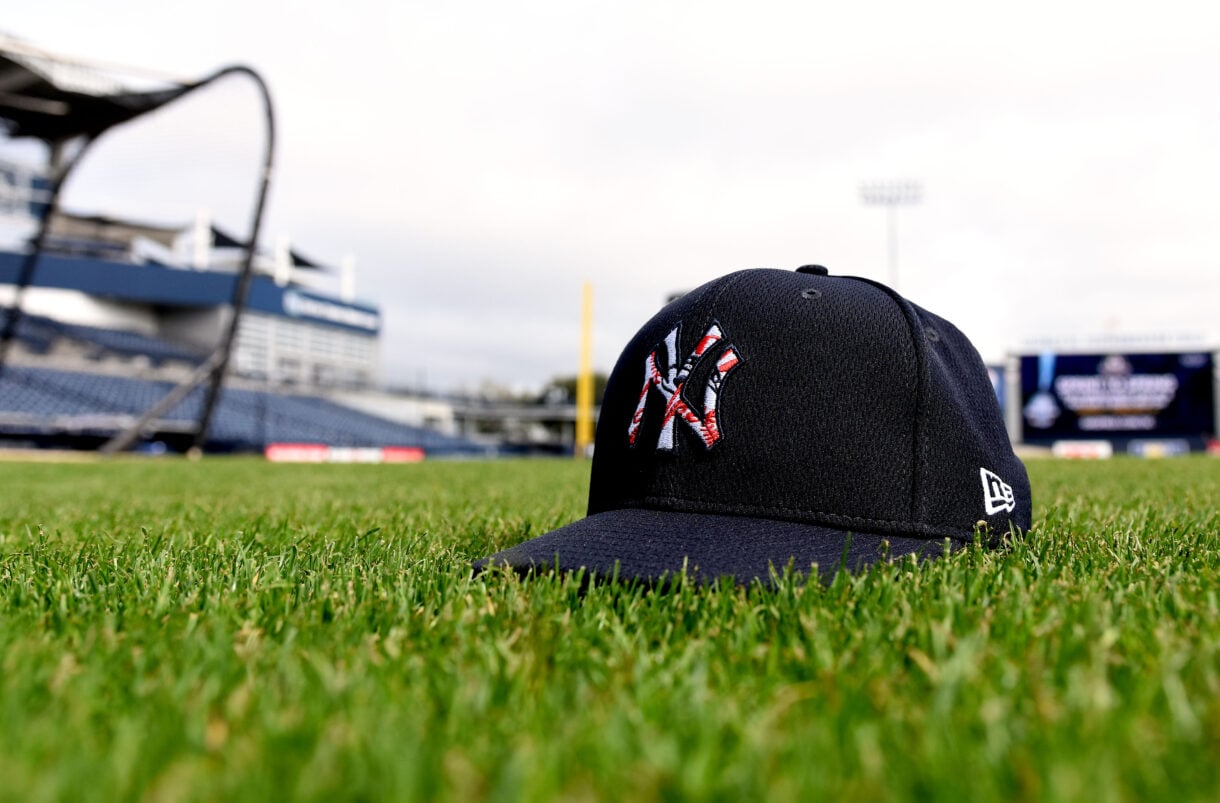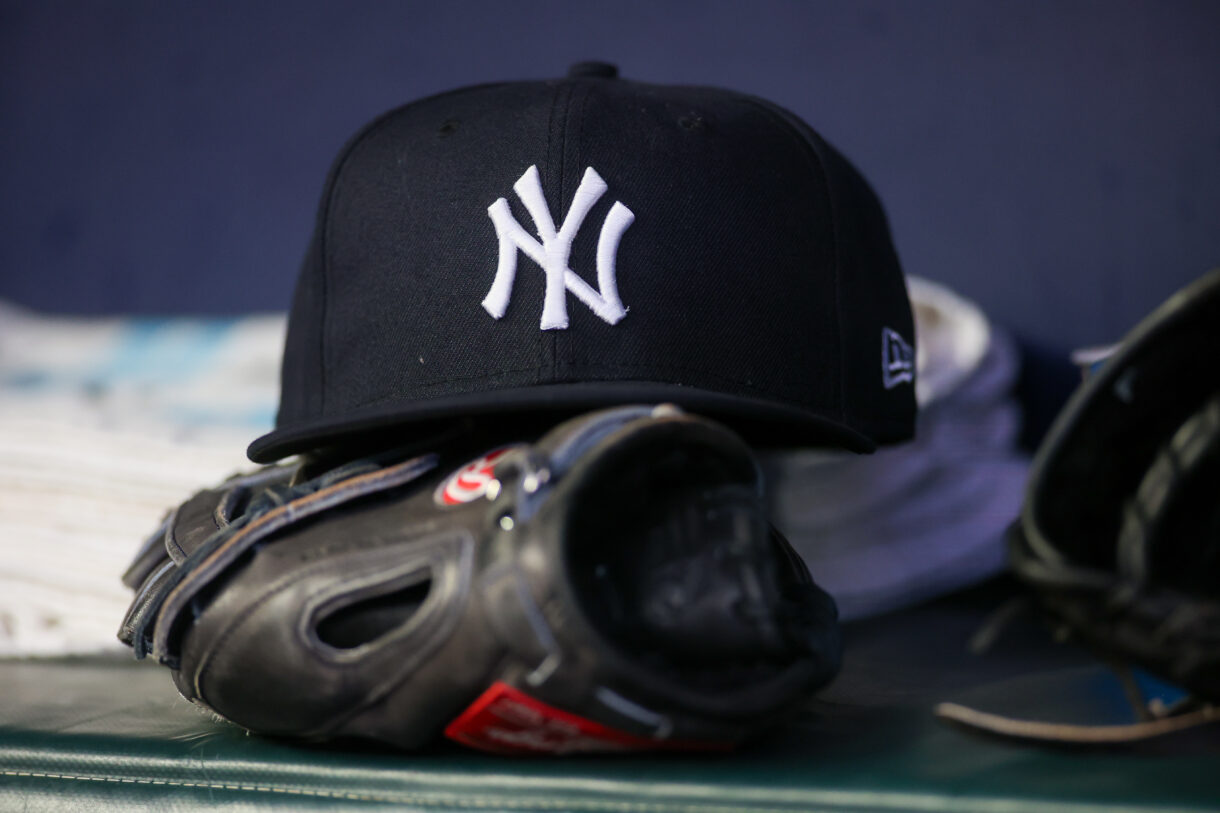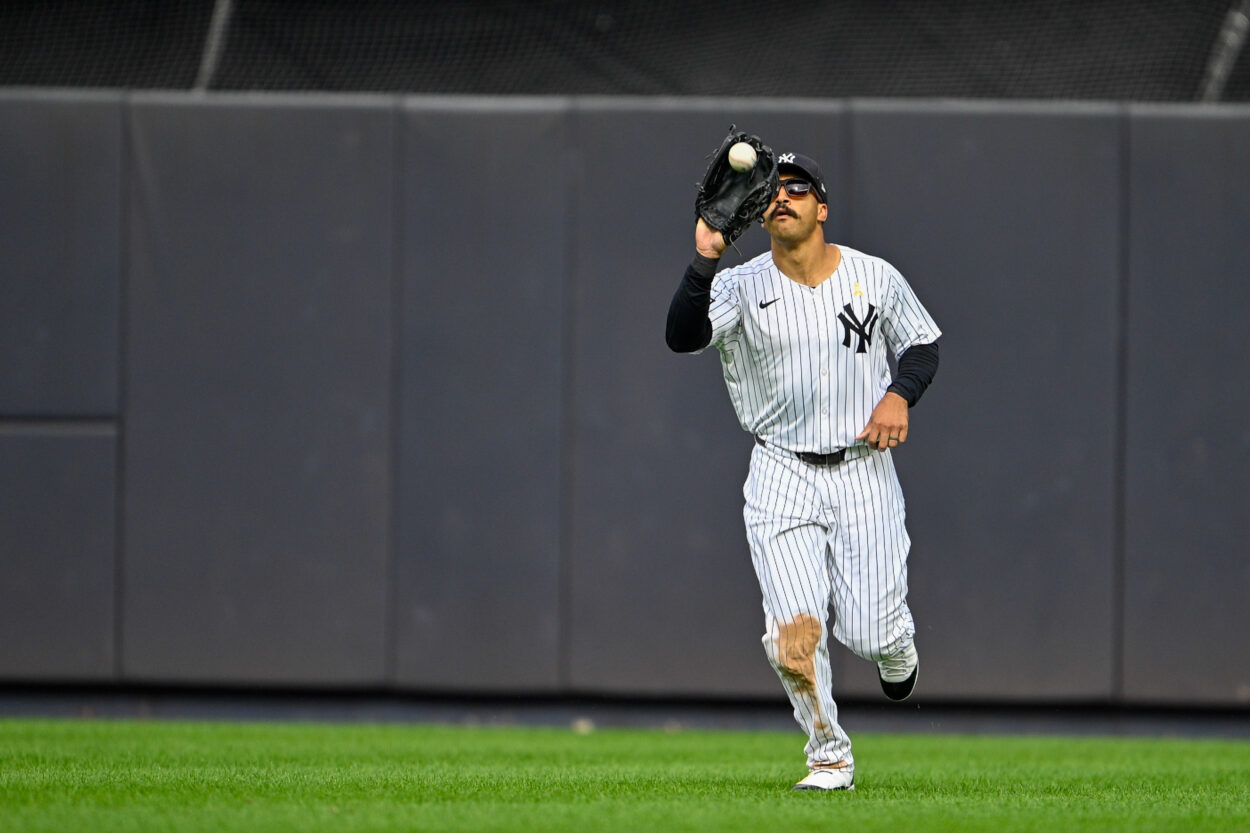
The New York Yankees want to build a super rotation for 2026, and the only pitch they seem obsessed with at this point is Tatsuya Imai.
Additionally, today’s news roundup places the focus on the Bombers’ outfield, where Trent Grisham wasn’t the disastrous signing some believe, and the team remains very much in the race for Cody Bellinger.
The Yankees are targeting a super starting rotation with Japanese ace
The Yankees suddenly find themselves in the middle of one of the most unique free-agent scenarios in recent memory. Tatsuya Imai — a 27-year-old Japanese ace with elite fastball/slider traits and a newly sharpened sinker — isn’t just choosing a team; he’s hunting a rivalry. He’s openly declared his desire to take down the Dodgers and prefers to join a club with no Japanese players, a quirk that knocks out most major competitors and leaves New York standing in ideal position.

The Yankees’ interest isn’t speculative either. According to league reporting, the front office is preparing an earnest pursuit, fully aware that Imai could instantly transform a rotation still clouded by uncertainty. If they land him, he fits behind Gerrit Cole, Max Fried, Carlos Rodón, Cam Schlittler, and Luis Gil to create a playoff staff that borders on unfair — and gives the Yankees the flexibility to trade from their pitching depth to fill holes elsewhere.
Beyond the on-field value, Imai brings an edge that mirrors the city he’d pitch in. He wants Ohtani, wants October heat, and wants to be the antagonist the Dodgers didn’t see coming. For the Yankees, that kind of competitive fire isn’t just a fit — it’s a potential franchise spark.
Why the Yankees dishing out $22 million to Trent Grisham isn’t a bad move at all
Trent Grisham accepting the Yankees’ $22 million qualifying offer initially looked like a shock — maybe even a mistake. But when you unpack his 2025 profile, the decision becomes less about sticker shock and more about stabilizing the floor of a roster with championship expectations. Grisham didn’t luck into production last year: he slugged 34 home runs, posted a 129 wRC+, and walked at an elite 14% clip. Those traits cost real money on the open market, even for a player who hit just .235.
Where the Yankees misstepped was how they used him. Grisham struggled badly as a leadoff hitter, and the team’s attempt to force a high-OBP profile at the top of the order never clicked. He’s a middle-order bat with damage in mind — not a table-setter — and moving him down the lineup should unlock more consistent value. His shaky defensive metrics also deserve context, as a nagging hamstring injury limited his range; with a healthy offseason, regression toward his past Gold Glove form isn’t unrealistic.

Viewed through that lens, the QO is basically an expensive insurance policy. If the Yankees miss on bigger names like Kyle Tucker or Cody Bellinger, they’re not left relying solely on untested prospects. If they do land a star, a healthy Grisham becomes a powerful, flexible piece rather than a burden. In New York’s competitive window, paying for stability isn’t just reasonable — it’s strategic.
Will the Yankees seriously be outbid for their top free agent?
Cody Bellinger’s market has become one of the offseason’s strangest storylines. Instead of focusing solely on the big fish — namely Kyle Tucker — the Yankees find themselves evaluating whether Bellinger’s free-agent buzz is real or just another mirage inflated by Scott Boras. While several teams have been linked to the former MVP, many of those suitors come with disclaimers: the Dodgers’ interest appears lukewarm, and the Blue Jays and Angels have competing priorities.
That dynamic creates an unusual landscape where the Yankees might be the most motivated bidder, even as Bellinger’s underlying profile hasn’t dramatically shifted over the last few seasons. Despite public perception of volatility, his offensive identity has actually stayed consistent — a roughly 115 OPS+ hitter who overperforms contact quality by pulling the ball in the air.
In a muddled outfield market complicated by Tucker’s uncertain price and Grisham already locked into a one-year deal, Bellinger remains a realistic target — but not necessarily the transformative one some assume. The smoke around his market may be thicker than the actual fire.
